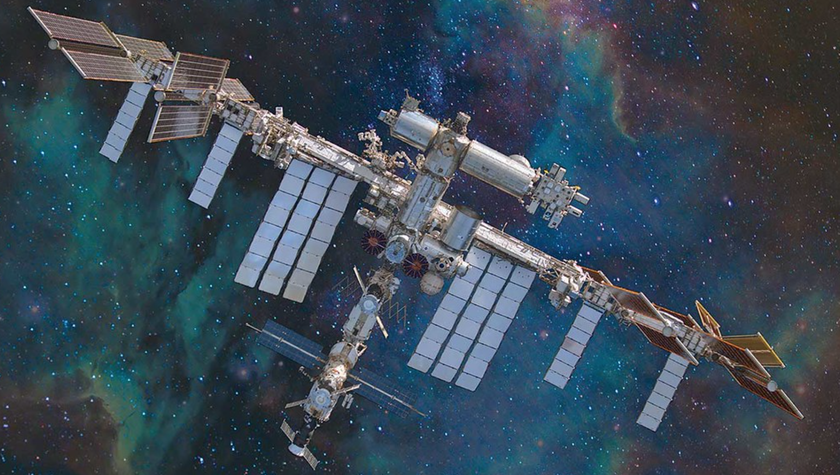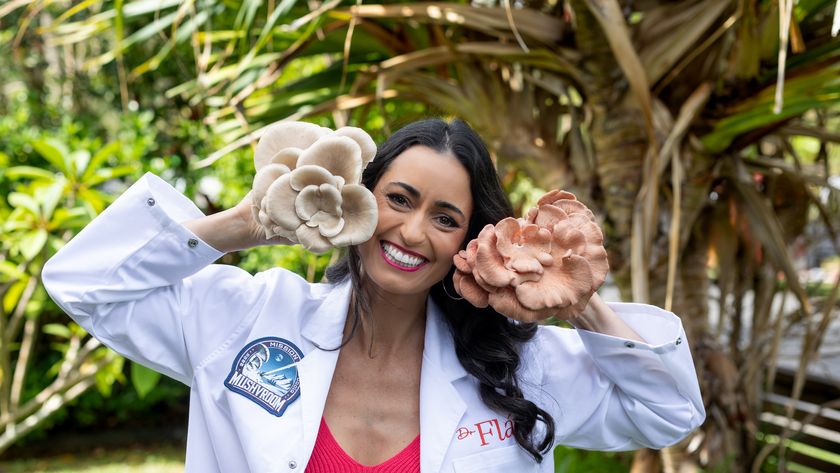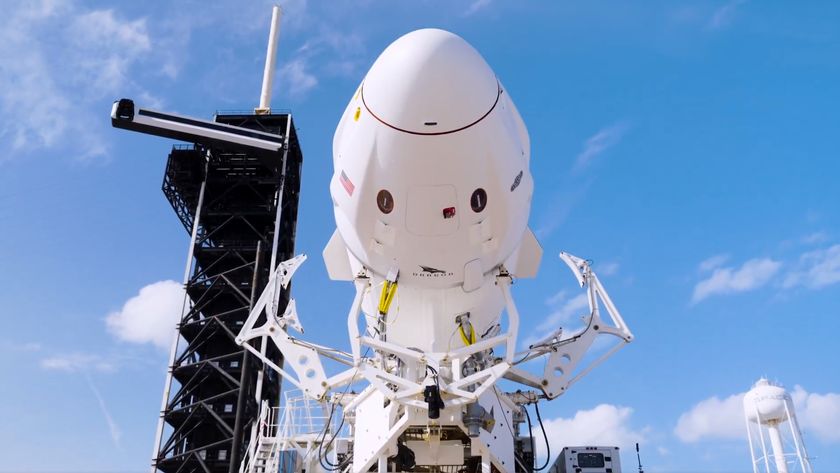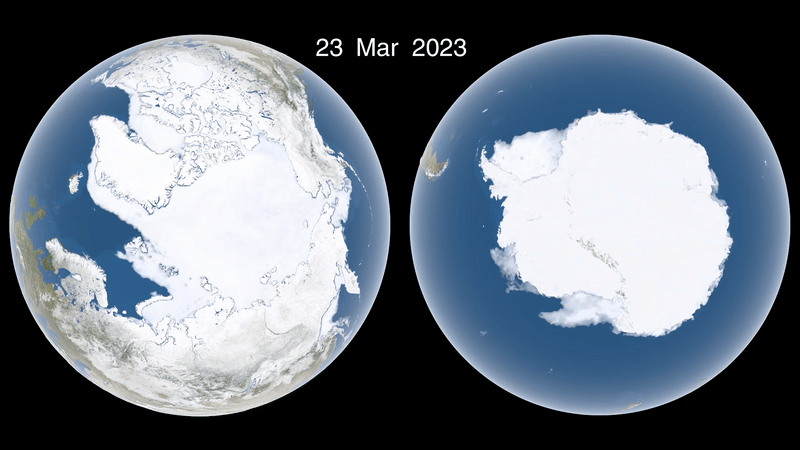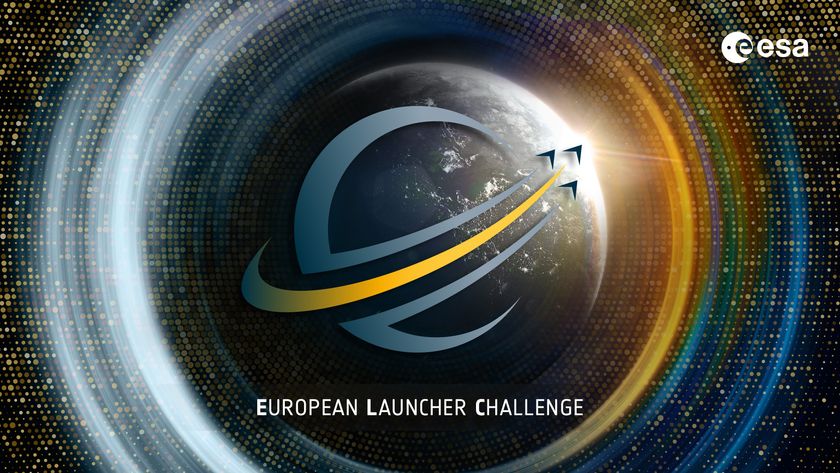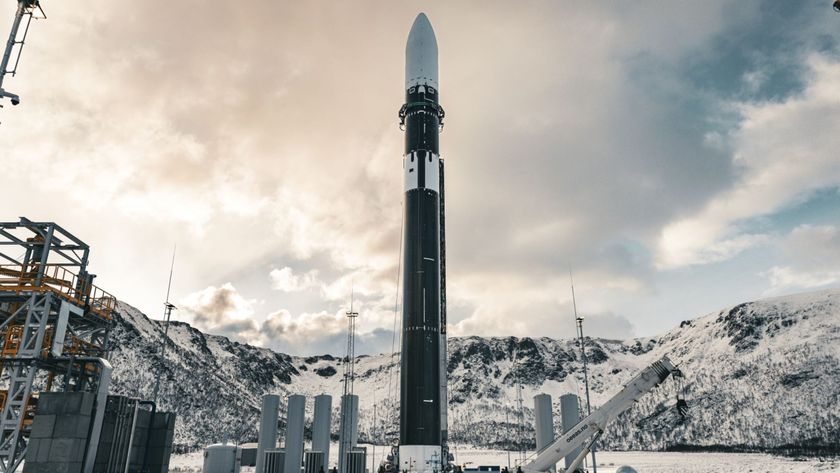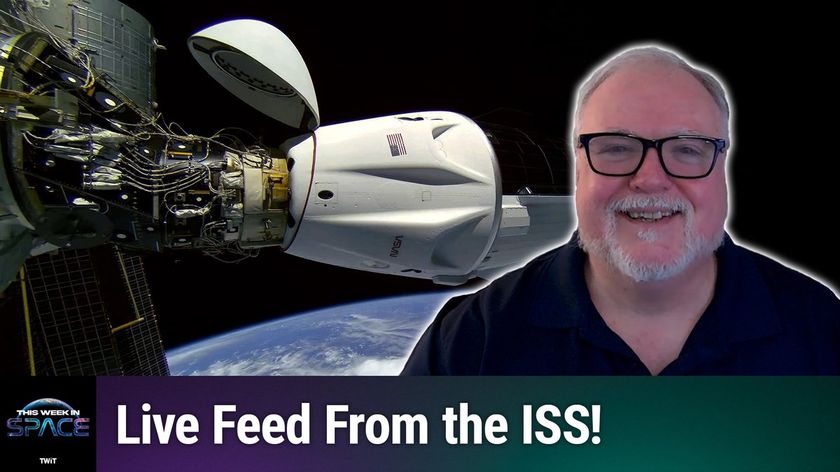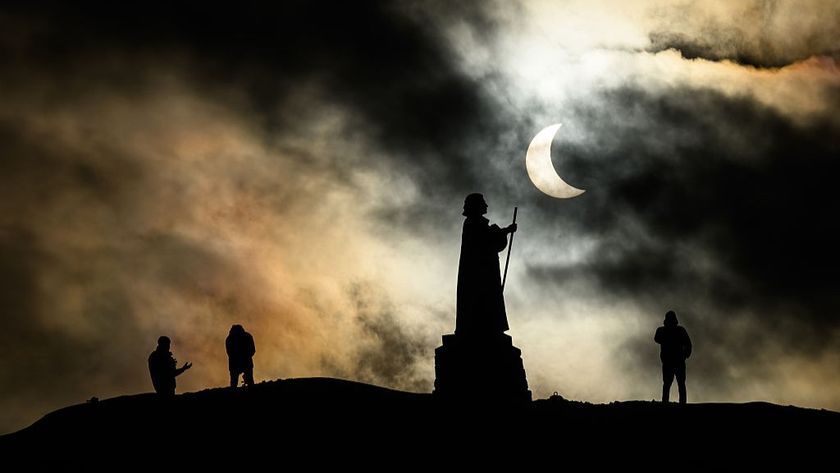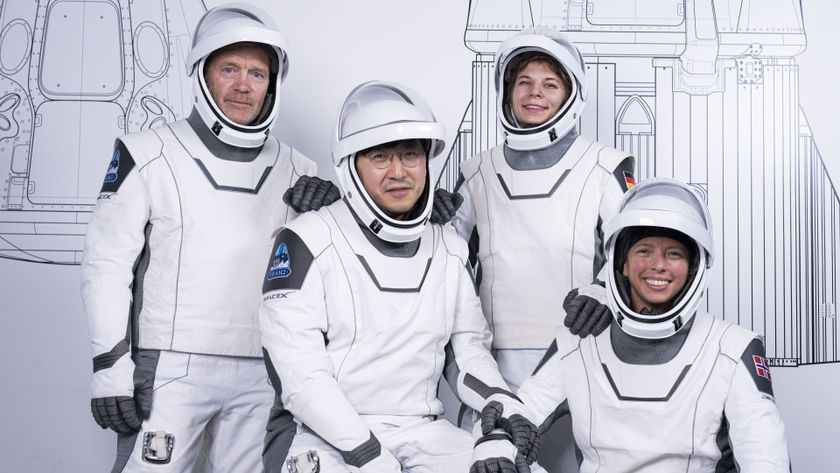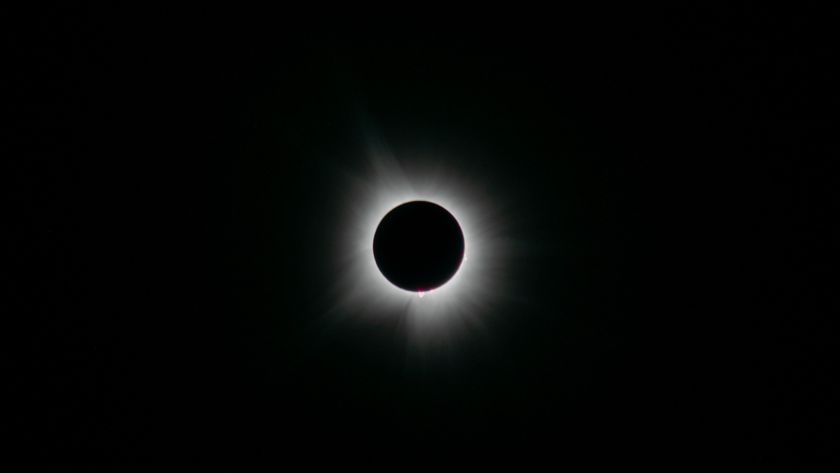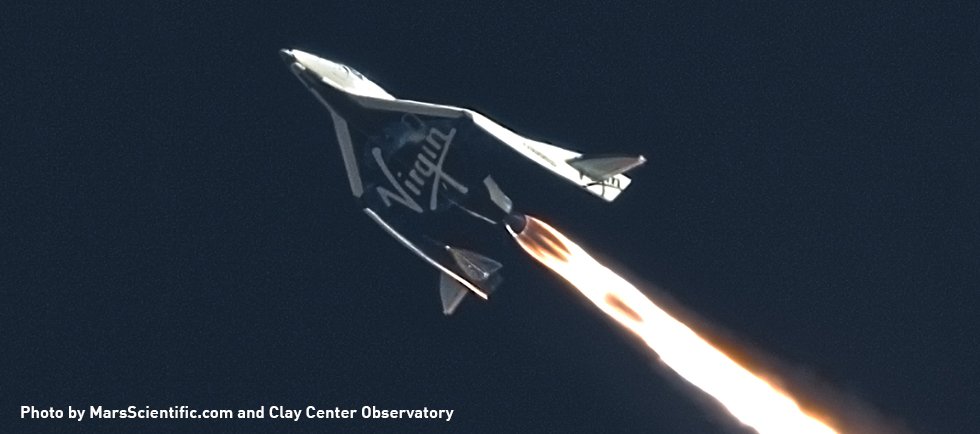
The fledgling space tourism industry should be able to rise from the wreckage of Virgin Galactic's SpaceShipTwo, experts and advocates say.
SpaceShipTwo went down during a test flight from California's Mojave Air and Space Port on Friday (Oct. 31), killing co-pilot Michael Alsbury and sending pilot Peter Siebold to the hospital. The suborbital spacecraft's "feathering" re-entry system deployed early during the flight, investigators with the National Transportation Safety Board say.
The tragic accident will delay Virgin Galactic's progress and may also result in more governmental oversight of the company and other firms that seek to launch paying customers to suborbital space, experts say. But most are confident that space tourism itself will survive. [See images of the SpaceShipTwo crash investigation]
"I don't think you can kill the human spirit behind space tourism," space policy expert Joan Johnson-Freese, a professor of national security affairs at the U.S. Naval War College in Newport, Rhode Island, told Space.com. "People have always dreamed of spaceflight, and I don't think one test-flight accident, catastrophic as it was, can kill that human spirit."
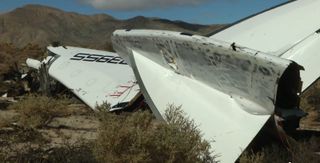
Accepting the risks
The SpaceShipTwo crash is a sobering reminder that spaceflight is a difficult proposition, Virgin Galactic CEO George Whitesides said during a news conference on Friday.
But most people who buy tickets to ride SpaceShipTwo — or XCOR Aerospace's suborbital Lynx rocket plane, which is also in development — are by nature willing to accept some risk, Johnson-Freese said. So Friday's accident likely won't spur a rush of refund requests, she added.
Indeed, Virgin Galactic's customers remain committed to reaching space, the company's billionaire founder Richard Branson said. (To date, about 700 people have reserved a seat aboard SpaceShipTwo; tickets currently cost $250,000.)
Get the Space.com Newsletter
Breaking space news, the latest updates on rocket launches, skywatching events and more!
"We have had numerous messages of support from the people, the astronauts, who signed up to go with us. We even had somebody sign up specifically to become an astronaut yesterday in support of the program," Branson said during a news conference Saturday (Nov. 1). "We may lose one or two, but it doesn't look like it."
This loyalty makes sense, said John Spencer, president and founder of the Los Angeles-based Space Tourism Society.
"When you come down to it, it's all about the experience," Spencer told Space.com. "People are willing to risk their lives, pay large amounts of money, train and even have some discomfort to have that life-changing experience."
Spencer cited people willing to climb Mount Everest — an expensive endeavor that has claimed the lives of nearly 250 people since the first recorded try in 1921, according to an April 2014 article in The New Yorker by author and mountaineer Jon Krakauer. (Many of those killed over the years have been local Sherpas paid to guide Westerners in their ascents.)
Scott Hubbard, director of the Stanford Center of Excellence for Commercial Space Transportation at Stanford University, regards Mount Everest as an apt example as well. He also brought up the numerous fatal accidents in the early days of aviation. [The SpaceShipTwo Accident Investigation Explained (Infographic)]
"That didn't stop aviation," Hubbard told Space.com.
Aviation got much safer over the years, of course, as the flight hours piled up. Similarly, more flying time should lower the risks for human spaceflight as well, experts say. However, the activity will almost certainly always be more dangerous than commercial aviation, if only because spaceflight tests are much more expensive (and therefore much less numerous) than airplane flights.
Last Friday's mission was the fourth rocket-powered test flight of SpaceShipTwo — which is designed to blast itself to suborbital space after being dropped by a carrier plane called WhiteKnightTwo at an altitude of about 50,000 feet (15,000 meters) — and the vehicle's 55th test flight of any kind.
More regulation coming?
Friday's crash could lead to stronger regulation of commercial-spaceflight operators such as Virgin Galactic, said John Logsdon, a space-policy expert and professor emeritus at George Washington University in Washington, D.C.
The accident "is going to be a very vivid reminder that this is risky business, and that it should require more government oversight than has been

the case," Logsdon told Space.com. "The industry in general has been resistant to being regulated."
Such resistance should not be surprising, as it reflects a concern for the bottom line, Johnson-Freese said.
"The minute you bring in regulation, that adds on more time, and when time is money, that becomes important," she said.
Increased regulation could come via new legislation. But Hubbard pointed out that the Federal Aviation Administration (FAA) appears to have broad leeway to ramp up its scrutiny of the industry under current law, which states that regulations should "neither stifle technology development nor expose crew or spaceflight participants to avoidable risks as the public comes to expect greater safety for crew and spaceflight participants from the industry."
'The train has left the station'
Virgin Galactic could be grounded for a while. The National Transportation Safety Board team leading the accident investigation may take up to 12 months to finish its work, NTSB officials have said. Virgin Galactic must then convince the FAA that it has satisfactorily addressed the problem before it can be granted a license for another test flight.
"I wouldn't be surprised if their next flight is pushed off a year or more," said Hubbard, the former "Mars Czar" who restructured NASA's Mars program after it suffered several failures in the late 1990s.
But Virgin Galactic will bounce back, and so will space tourism and the broader field of commercial spaceflight, said Eric Stallmer, president of the Commercial Spaceflight Federation.
"The industry is going to move forward," Stallmer told Space.com. "I think everyone's really buckled down in their commitment to what we do in the commercial space sector."
Hubbard voiced similar sentiments.
"The train has left the station," he said. "Commercial [spaceflight] is a wave that is breaking across the entire existing space community and will continue. I think that any human endeavor is going to have some accidents to it, and it's not a question of did they occur; it's more a question of how do you respond to it."
Follow Mike Wall on Twitter @michaeldwall and Google+. Follow us @Spacedotcom, Facebook or Google+. Originally published on Space.com.
Join our Space Forums to keep talking space on the latest missions, night sky and more! And if you have a news tip, correction or comment, let us know at: community@space.com.

Michael Wall is a Senior Space Writer with Space.com and joined the team in 2010. He primarily covers exoplanets, spaceflight and military space, but has been known to dabble in the space art beat. His book about the search for alien life, "Out There," was published on Nov. 13, 2018. Before becoming a science writer, Michael worked as a herpetologist and wildlife biologist. He has a Ph.D. in evolutionary biology from the University of Sydney, Australia, a bachelor's degree from the University of Arizona, and a graduate certificate in science writing from the University of California, Santa Cruz. To find out what his latest project is, you can follow Michael on Twitter.
